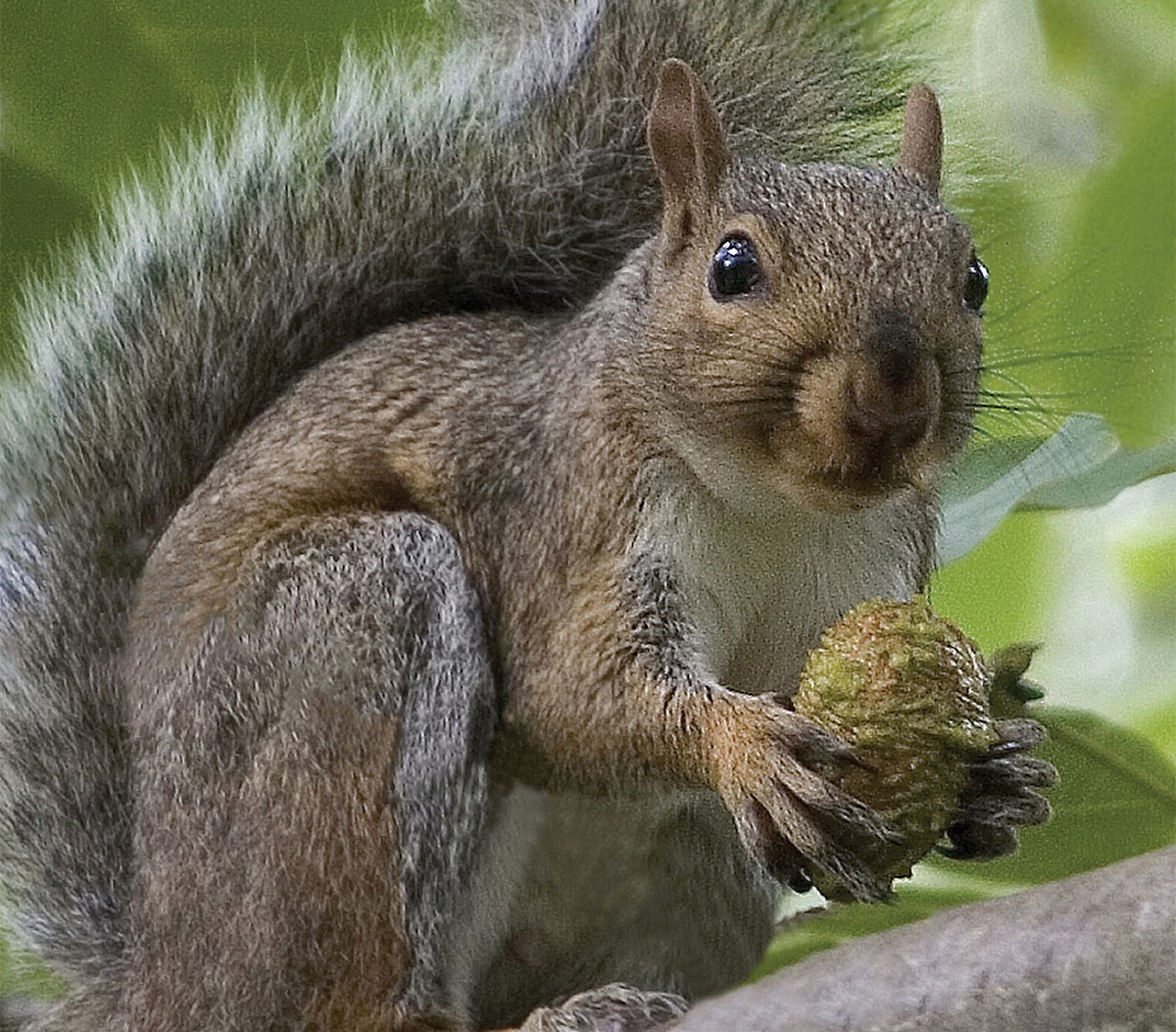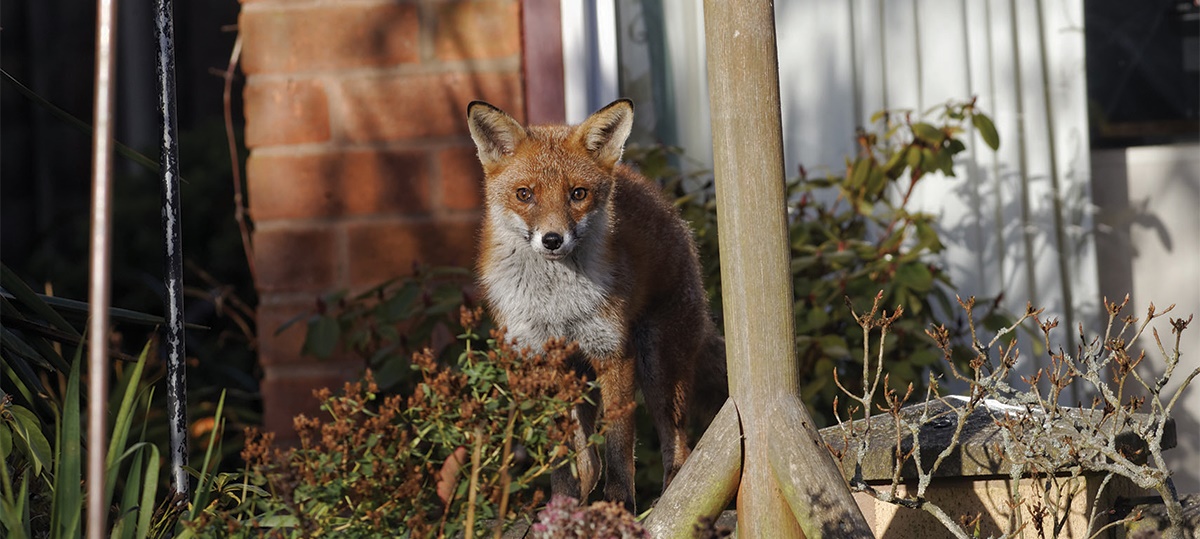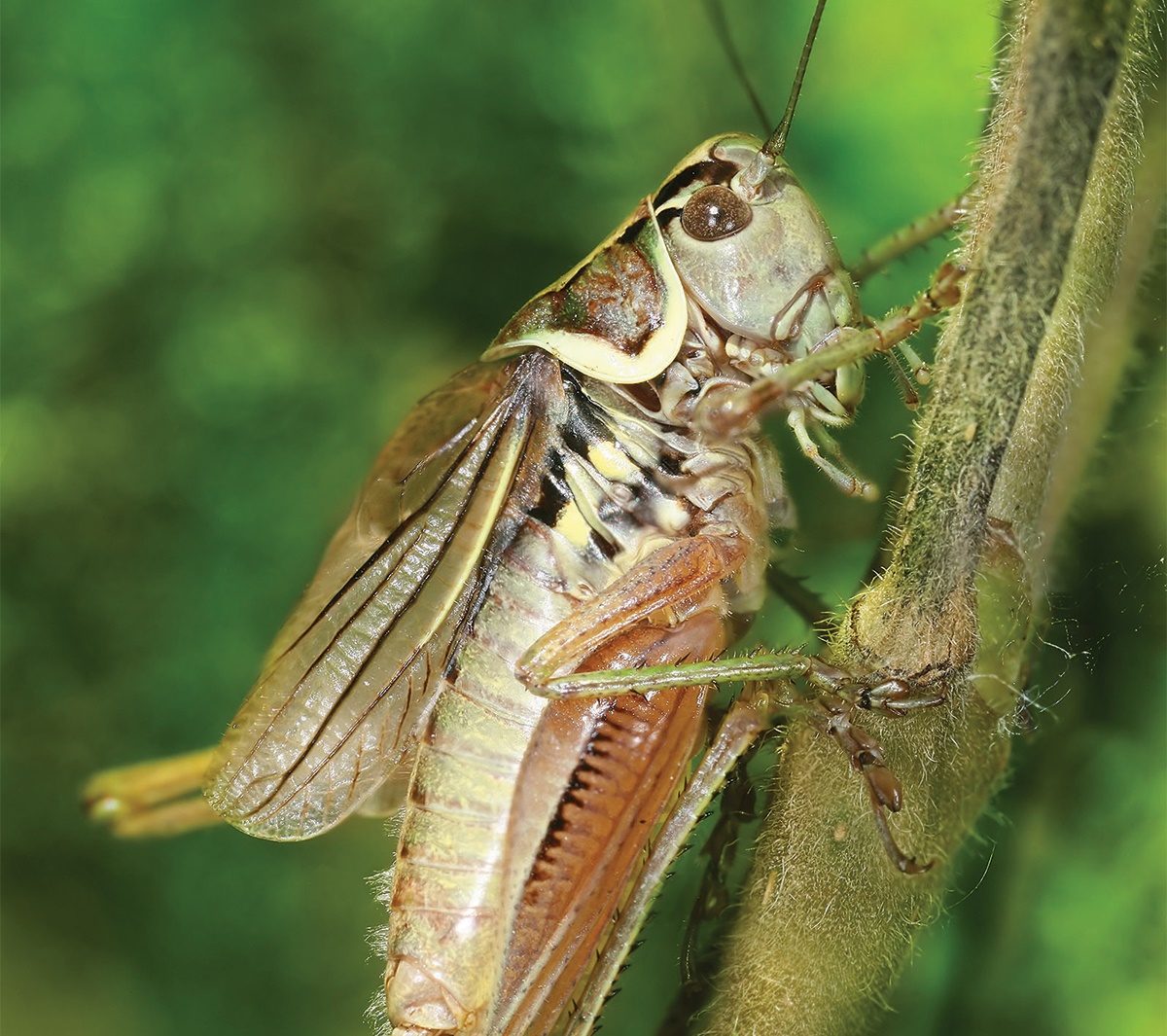Feature technical | PPC89 November 2017
Our technical team is out and about all over the country, and they always have their ear to the ground. This is what they think you need to look out for between November and February.
SQUIRRELS

The most serious damage in urban areas arises when grey squirrels enter roof spaces of houses and other buildings to seek warmth and safe harbourage. This could see increases of calls in the winter months to assist worried households or businesses. Damage caused can be chewing of woodwork and ceilings, stripping of insulation from electrical wires, tearing up fibreglass insulation and even drowning in cold water storage tanks.
Action
Treatments should only be done by individuals who have the appropriate knowledge and skills to ensure animal welfare and safe use of traps. You always need to be considerate of the public opinion towards grey squirrel control – not everyone dislikes squirrels! Poisons are no longer available for use against grey squirrels. Always speak to your supplier for product updates.
FOXES

In December, foxes may be very vocal and active defending their territory as mating season approaches in January and February. Peak dispersal will occur in January while dogs search for a vixen to successfully breed, leading into February when vixens will seek breeding earth. This activity could see an increase in calls from concerned members of the public seeking advice and possible control options.
Action
Foxes can be a very emotive subject so you should always proceed with discretion and consideration of sensitive views on fox control. A specialist should always be consulted as fox control can be complicated and at times, tricky. BPCA has a range of members who specialise in this field of work so contact us to find a subcontractor.
CRICKETS

During the summer crickets are found throughout Britain breeding in rubbish tips or other areas out of doors, but tend to move into buildings for the autumn and winter months for warmth and protection. The distinctive chirping is heard when males are rubbing their wings together to attract females. As crickets need higher temperatures, they are commonly found in heating systems, hospitals, prisons and other institutions.
Action
Controlling large infestations can be considerably tricky unless a proactive approach based on the use of monitoring traps is adopted. As crickets are closely related to cockroaches, traps designed for cockroaches are very useful. Residual insecticides can then normally be applied to active areas. Frequent intervals of treatment may need to be carried out due to the high-temperature environments that crickets seem to favour as the this may reduce the insecticides residuality.

RE YOU A BPCA MEMBER WITH A TECHNICAL QUERY?
Get in touch...
Contact us
 Natalie Bungay
Natalie Bungay
Field and Technical Officer
16 November 2017 | PPC89
Source: PPC89